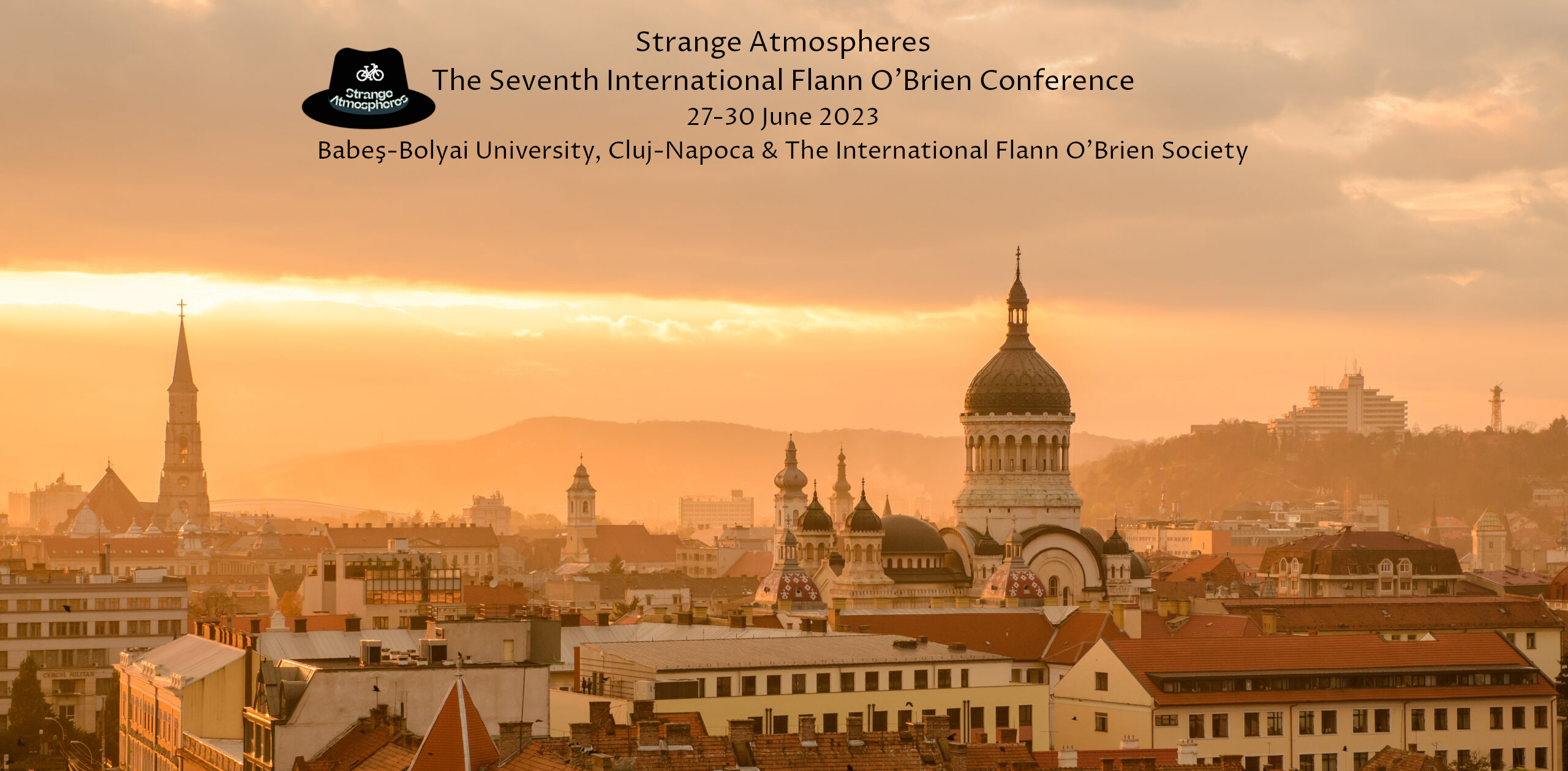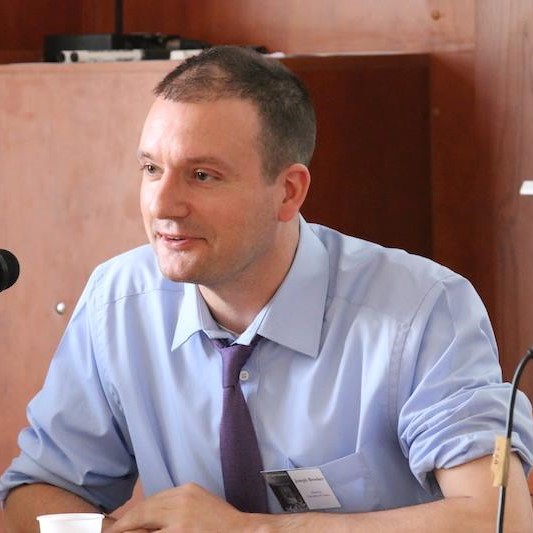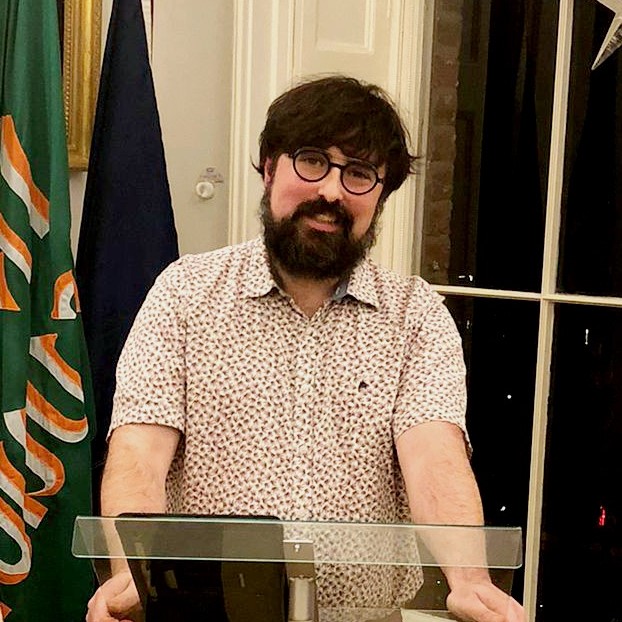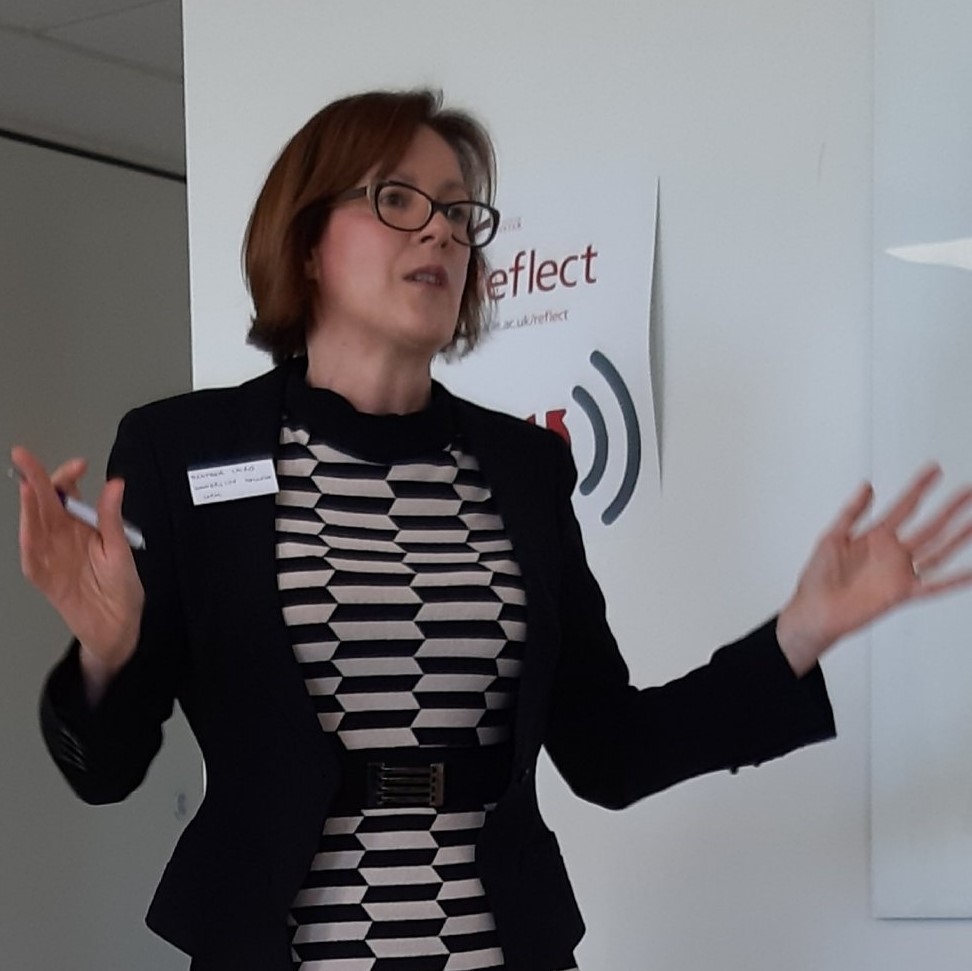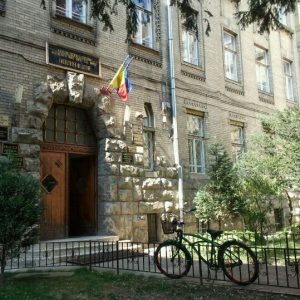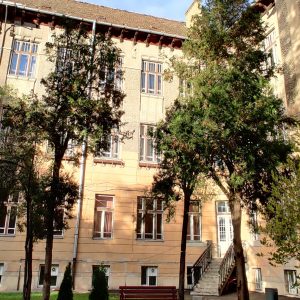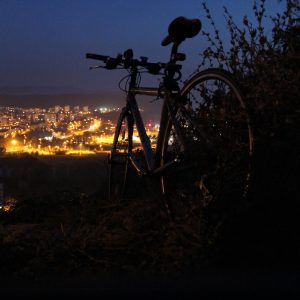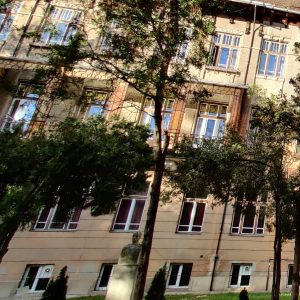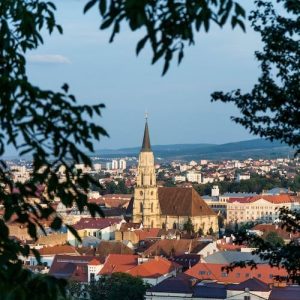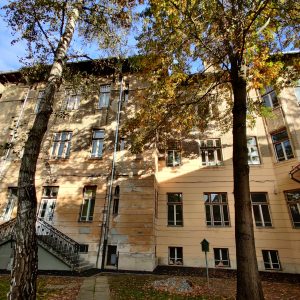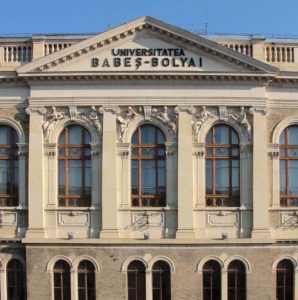In the summer of 2023, the city of Cluj-Napoca will be the gorgeous backdrop to the 7th International Flann O’Brien Conference. Picking up the thread from Boston, Dublin, Salzburg, Prague, Rome, and Vienna, the conference marks a moment of unprecedented energy and variety in the critical conversation on Brian O’Nolan.
Since the first, centenary Vienna conference in 2011, this critical conversation has expanded and diversified, turning to the archive, to recontextualizing and rehistoricizing approaches, addressing the aesthetic, political and ethical dimensions of O’Nolan’s/Flann’s/Myles’ experimental texts, as well as their interfaces with questions of agency and authorship, technology and the material world, cultural memory, medicine and epidemiology. During the last decade numerous landmark volumes were added to the corpus available to O’Nolan’s readers—from the short fiction (edited by Neil Murphy and Keith Hopper), to the plays and teleplays (edited by Daniel Keith Jernigan), and, more recently, the Collected Letters (edited by Maebh Long). Reflecting the rapid growth of Flann O’Brien studies, The Parish Review, the first scholarly journal dedicated to this writer’s work, has published articles and special issues on a wide range of topics, including archival studies of O’Nolan’s library, the textual and publishing history of O’Nolan’s journalism, the writer’s fraught relationship with the civil service, as well as O’Nolan’s afterlives in translation, adaptation, and the culture industry. In line with its open-access policy, the journal is hosted by the Open Library of Humanities.
The conference title, ‘Strange Atmospheres,’ foregrounds a concept that sits uneasily on the semantic boundary between environment, embodied space, and mood. Often bending to the fantastic, the uncanny, the fake and unconvincing, O’Brien’s style is itself characterised by a constant apprehension of the ways in which the atmospheric and the literary fertilise each other. The symposium will provide the occasion to reflect more fully on these aspects of his work.
- Reflections on atmosphere as setting and atmosphere as mood
- Pathetic fallacy and the correspondences between space, place and feeling
- Ecocritical approaches
- Radio transmissions and wireless communication
- Ideas of extended agency and extended subjectivity
- Politicised environments
- Localised and universal spaces
- Gothic spaces, horror and the uncanny
- Life without borders
- Apocalyptic overtones
- Ghost cities
- Social, professional and urban spaces
- Literary discourse and the weather
- Modernist environments and ecological thought
- Non-humans and posthumans in O’Nolan’s fiction

